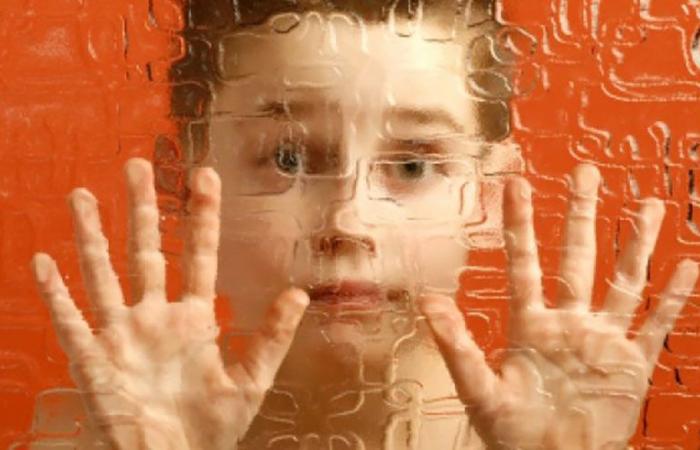World Autism Day
In order to enlighten parents on the autism spectrum and thus facilitate the early detection of this disorder, the Ministry of Women, Family, Children and Seniors has published “The parents’ guide for integration of children with autism spectrum disorder.
Helping autistic children begins, first, with understanding all the specificities relating to this disorder. For this, the role of parents proves to be fundamental in the care, which requires a multidisciplinary and participatory approach, aimed at successfully integrating the child into his family environment, into his social environment as well as into the spaces for early childhood and school.
And in order to enlighten parents on the autism spectrum and thus facilitate early detection of this disorder, the Ministry of Women, Families, Children and Seniors has published “The parents’ guide for “integration of children with autism spectrum disorder”. This reference work was produced in collaboration with Unicef. It is the result of work carried out by experienced child psychiatrists.
Being in your bubble…
By definition, autism spectrum disorder is a neurodevelopmental disorder. Several factors converge, notably the hereditary factor, the genetic factor, the biological factor and others linked to the child’s environment. This disorder is detectable through behavioral problems.
This is because an autistic child encounters many obstacles in his cognitive and emotional development. He finds it difficult to communicate and establish relationships with those close to him, neutralized by several difficulties including the absence of initiative in communication, not understanding emotions, ideas, interests and even gestural communication. of others. Autistic people almost never look others in the eye. Some have a language delay or deficit. They almost automatically resort to repetitive gestural tics and prefer to play alone rather than playing with their peers. The usual games of autistic people are limited to making noise, using toys or objects, or putting away objects.
Specific reactions
Other warning signs of autism spectrum disorder: sensory signs, motor signs as well as behavioral disorders, sleep disorders and a specific selectivity of foods. It is possible, in fact, that an autistic person is hypersensitive to sound or visual incentives, just as he can demonstrate a surprising insensitivity to pain.
When taking their first steps successfully, an autistic person prefers to walk on tiptoe. On the other hand, he may not easily be able to hold a pen normally. When it comes to behavioral disorders, an autistic child may show reactions that are a little too extreme, including sometimes violent outbursts of anger, due to his inability to control himself and his emotions and impulses. An autistic person can, moreover, choose his diet according to a well-defined criterion, such as choosing soft foods, for example, or refusing to eat all foods of a color that he denigrates.
Language delay and fear autonomy
Furthermore, the correlation between autism and cognitive ability can result in mental retardation just as it can present, quite the contrary, a gap between childhood age and genius abilities. Language delay is one of the signs that intrigues parents, especially if the three-year-old child still cannot verbalize properly. You still need to know that an autistic person has difficulty acquiring independence. Removing diapers is a real source of anxiety for autistic children who are terrified of toilets.
All these signs, experienced on a daily basis by both the child and their parents, must be taken seriously as part of the early detection of the disorder. However, other disorders can be added to autism spectrum disorder in children, including epilepsy, hyperactivity, lack of concentration, as well as other genetic diseases.
The diagnosis of autism falls within the prerogatives of the child psychiatrist. He alone is prepared to establish the clinical diagnosis and assessment of the child’s abilities, in order to subsequently be able to set treatment objectives and ensure follow-up. However, he may call on other specialists to confirm or refute certain hypotheses, in particular the presence of other sensory pathologies (deafness, blindness), neurological (epilepsy, mental retardation) or even growth retardation.






